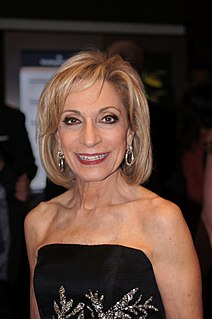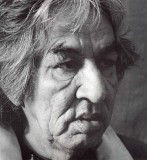A Quote by Sheila Heti
I didn't study English literature - I studied philosophy at university - so Kierkegaard, Nietzsche - these people are among the most important writers to me. So my interest is in the big questions more than it is in storytelling.
Related Quotes
In the history and literature courses I took, epistemological questions came to interest me most. What makes one explanation of the French Revolution better than another? What makes one interpretation of "Waiting for Godot" better than another? These questions led me to philosophy and then to philosophy of science.
We are lucky in the United States to have our liberal arts system. In most countries, if you go to university, you have to decide for all English literature or no literature, all philosophy or no philosophy. But we have a system that is one part general education and one part specialization. If your parents say you've got to major in computer science, you can do that. But you can also take general education courses in the humanities, and usually you have to.
I had the most incredible English and literature teachers in school, and it really influenced my love of storytelling. It's what made me excited to study journalism in college. I love editorials and documentaries. All of that came from being given the opportunity to lose myself in good writing when I was a kid.
When people ask me what philosophy is, I say philosophy is what you do when
you don't know what the right questions are yet. Once you get the questions
right, then you go answer them, and that's typically not philosophy, that's
one science or another. Anywhere in life where you find that people aren't
quite sure what the right questions to ask are, what they're doing, then,
is philosophy.
My mother thought my inclinations would do well in Law, but I was too shy and deliberative - slowfooted - for that, so I determined to be an English and German high school teacher. In my first year of university I had one subject to "fill in" and chose philosophy against the advice of my counselor. My university teachers in English and German were totally uninspiring; philosophy was wonderful and my results showed it. I chose it and basically backed into a situation in which only a philosophy career seemed a viable option. I've never regretted it, but there was a lot of serendipity.
Among the Indians, as among other nations, some people are born artists, but most are not. I am a born artist. I have as much interest in my people as any anthropologist, and I have studied our culture and lore. My aim is to reassemble the pieces of a once proud culture, and to show the dignity and bravery of my people.
I'd studied English literature and American history, but the English literature, which I thought was going to be helpful to me in an immediate way, was the opposite. So I had to un-think a lot of things and move out of my own head, and I learned a lot. It was like graduate school, but an un-graduate school or an un-school.






































